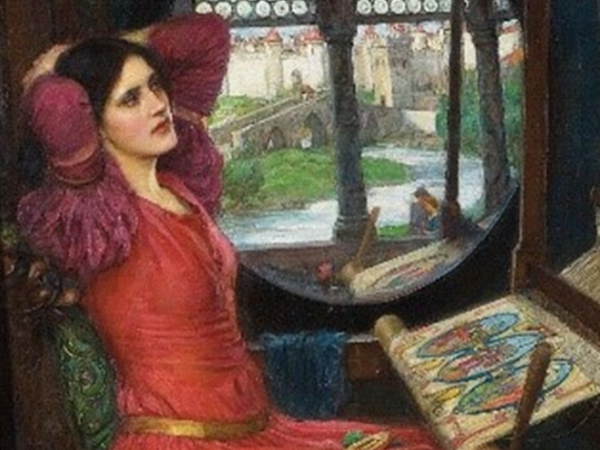What is Western Meditation?

Reflection is an Activity that too often does not own up to the name. It is aligned with a horizontal True North of ourselves. It is a cylinder too often uninspected under the bonnet in the engine that drives people forward into life’s choices. It is time in our speeded-up world that it has a more recognised niche in our communal psyche. We are what we have thought. We should think again.
The word ‘meditation’ since the ‘sixties has had an orientation towards the oriental and it has acquired a capital ‘M’. A capital ‘R’ is now the due of ‘reflection’. The West has a vantage point on Reflection that also has been long in the brew.
There is an appetite shared by many to wonder about the Big Questions and the other questions in life so let us take time out to reflect on them.
A clear-minded, rational, serene and detached look at what we truly know and at what individuals and society can do can go hand-in-hand with spirituality. Finding one’s (true) self can build on lateral thinking; reflecting on scientific breakthroughs can shed light on intangible realms. These arguably actuate us and our Faiths and core Beliefs. Much can emerge from our own minds if sensibly and independently used. It is time to refresh some age old, wise – and maybe not so wise – precepts.
Hard-won hallmarks of civilised thinking, open-mindedness, respect for others, care in thought and so forth should be kept clearly in mind. The best habits of mind are rarely a quick fix. Thinking things over may result in better life choices.
This approach should reinforce an understanding of our place in this world and what might be the Hereafter, help query ‘fixed’ landmarks in some of society’s root concepts, and enhance personal fulfilment, peace and happiness.
